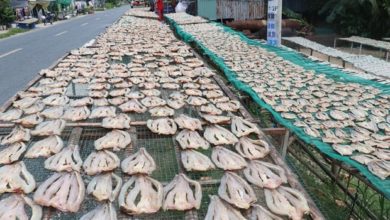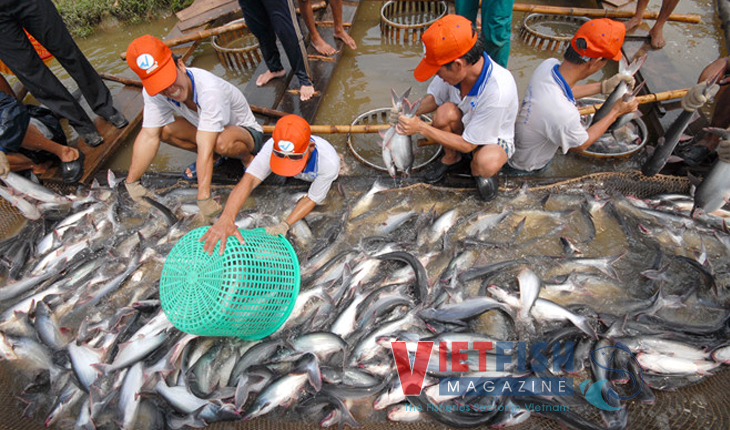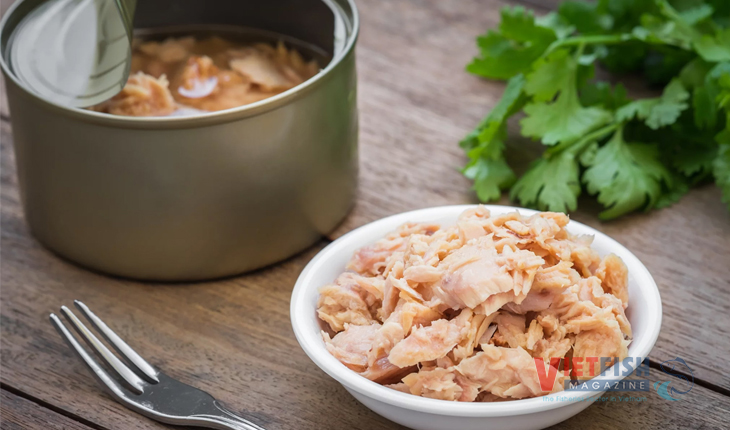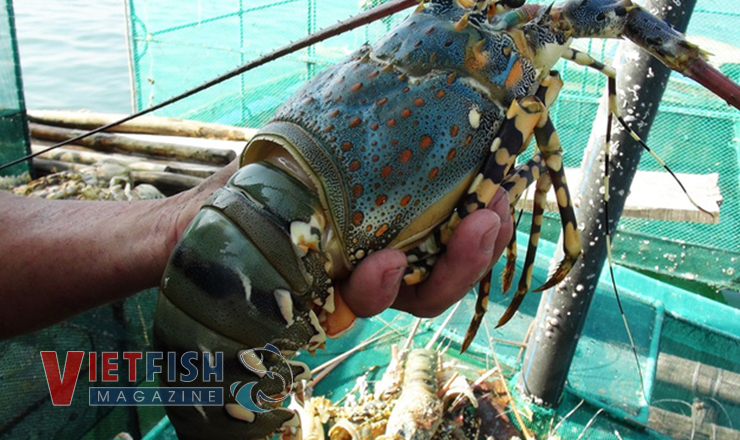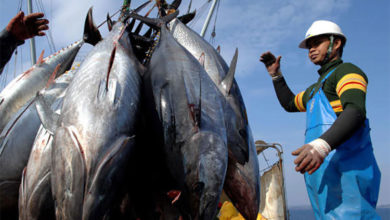Khánh Hòa: Spiny lobster farmers are struggling
Hundreds of tons of spiny lobster from Vietnam are stockpiled due to failure in exporting to the Chinese market, leaving farmers distressed.
According to the Ministry of Agriculture and Rural Development, China, which accounts for 90% of Vietnam’s lobster export volume, altered the regulations for importing spiny lobsters from February 1, 2021. Consequently, China categorizes spiny lobsters as in endangered species list, group II. In May 2023, China amended the Wild Animal Protection Law, prohibiting the capture of animals on the endangered list established in 2021. For wild spiny lobsters, China prohibits capture, use, trade, and sale.
The main challenges in exporting Vietnamese spiny lobsters to China include issues related to the protection of endangered species and the procedures to prove the farming process. In addition, farming facilities must be inspected by local aquaculture management agencies and veterinary authorities to certify food safety and hygiene conditions. As for veterinary conditions, they must be granted codes and samples should be taken for disease monitoring during the culture.
Furthermore, the exporting country must provide statistics on farming facilities, production, fulfill the registration process, and register the exportation information with the General Administration of Customs of China for approval.
Regarding farmed spiny lobsters, China requires clear proof of the farming process and prohibits the use of seed extracted from nature (the seed must be of F2 generation). According to Associate Professor and Doctor Nguyễn Hữu Dũng, Chairman of the Vietnam Seafarming Association, Vietnam has not been able to proactively produce F2 generation seed for spiny lobsters, as required by China. Consequently, Vietnam may have to cease exporting spiny lobsters to China.
China’s change in import regulations has been preventing Vietnamese farmers from exporting spiny lobsters, leading to accumulating debts. Trần Văn Thơ is a fisherman with over 20 years of lobster farming experience in Xuân Đài Bay, Sông Cầu town, Phú Yên province. He has 150 lobster cages, including 50 spiny lobster cages. Currently, Thơ’s spiny lobsters are ready for harvest but cannot be sold. Many fishermen, like Thơ, are extremely worried, and some even consider selling lobsters at a lower price to recover a bit of capital, which is also very challenging.
VFM


